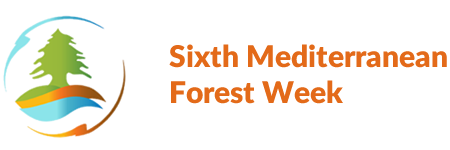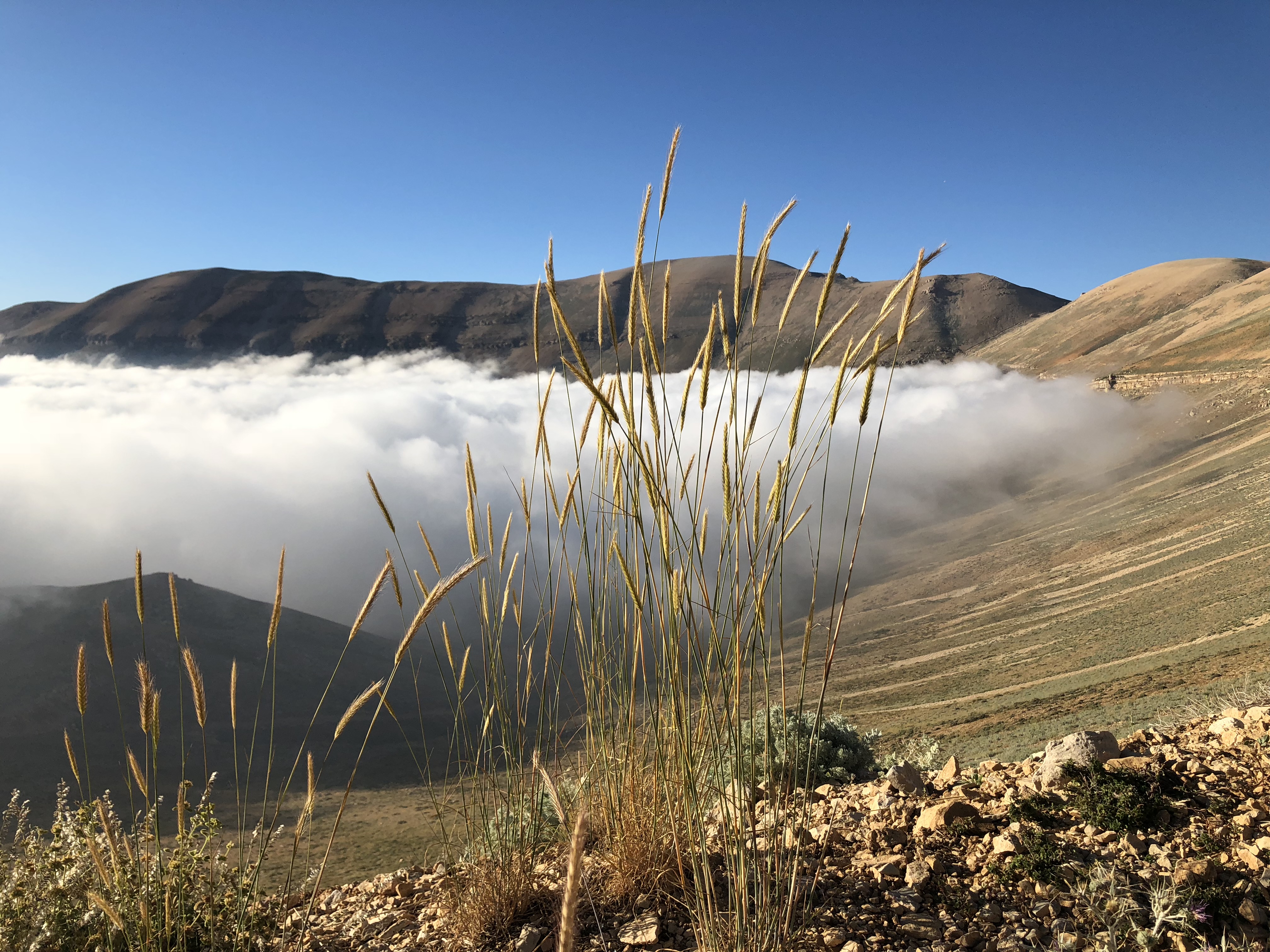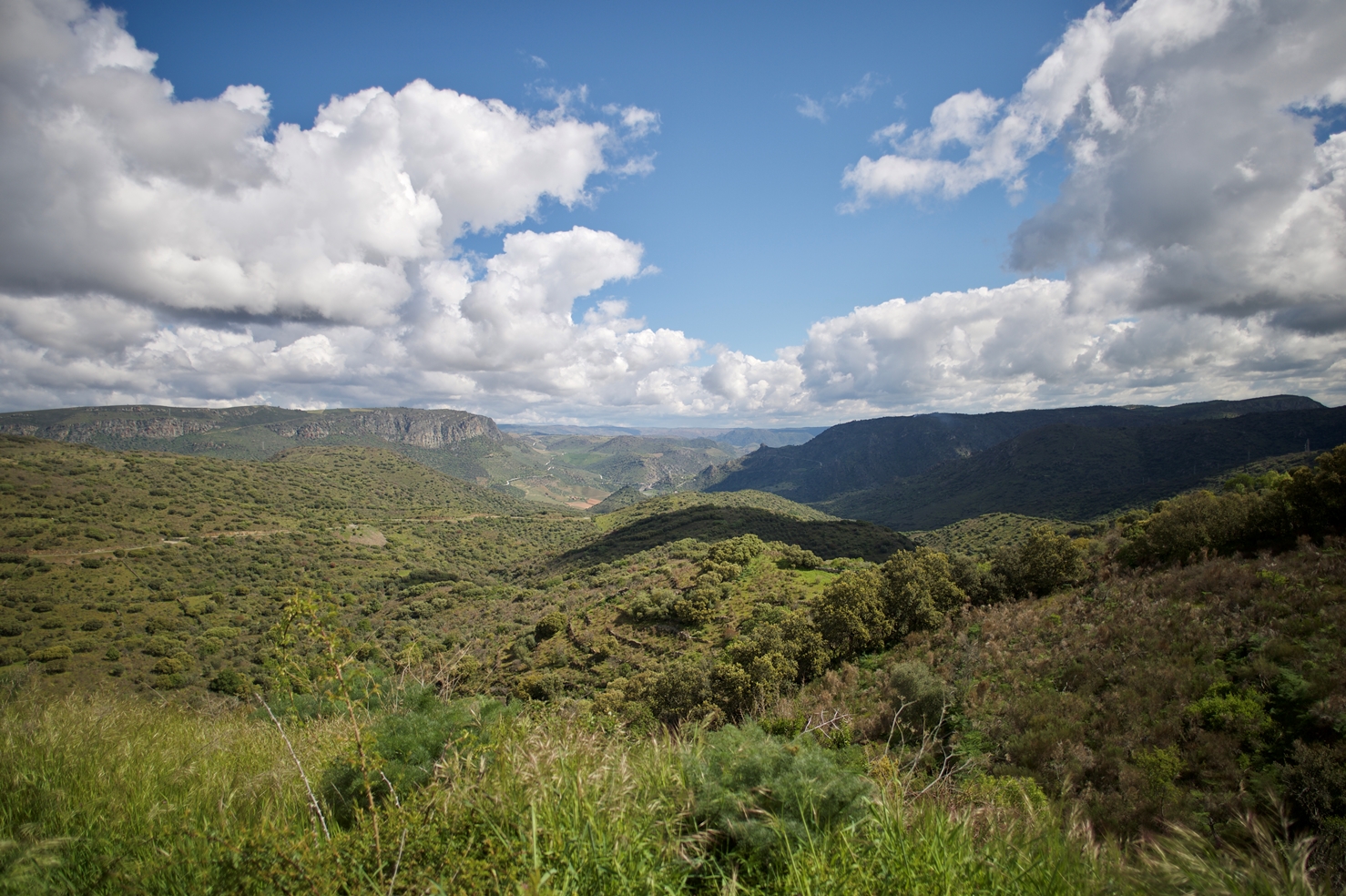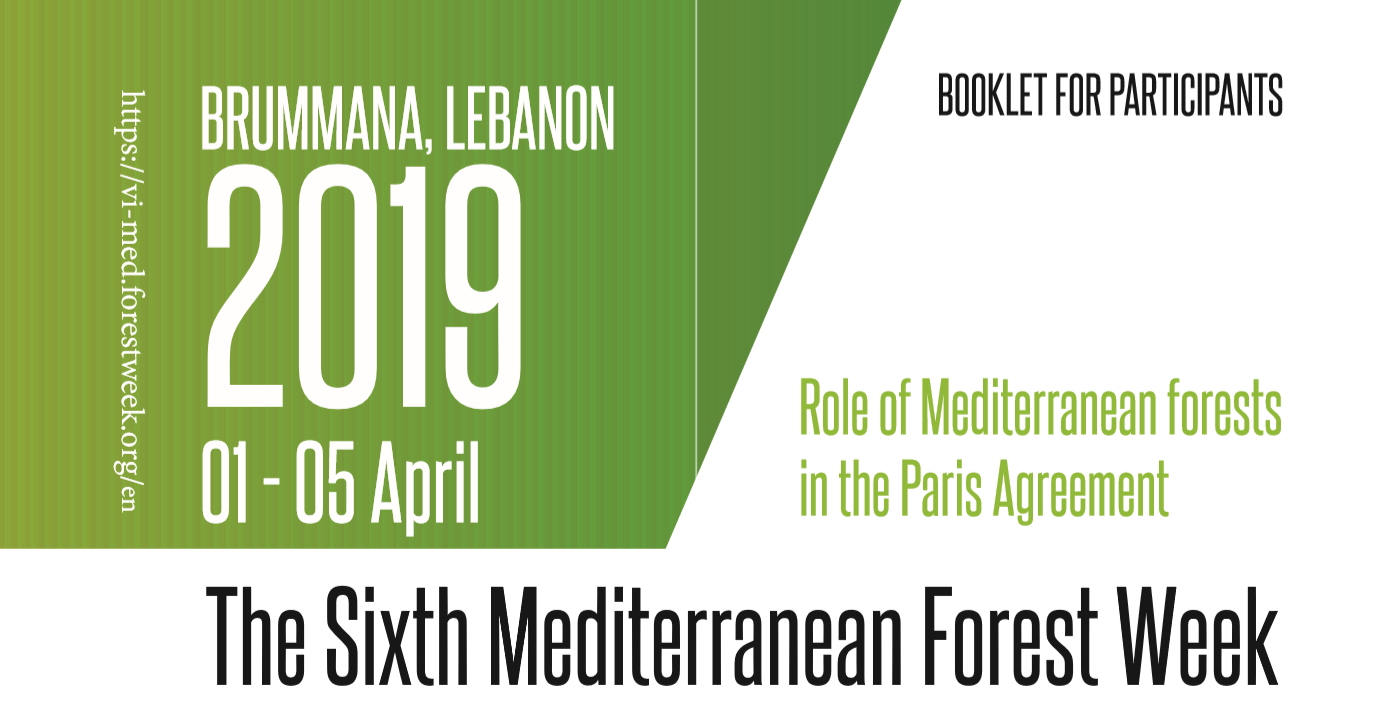Plenary Session 3: Creating value for nature and people with NWFP. Participatory approaches
Securing the sustainable management and use of natural resources in a context of high social and ecological fragility (e.g., social change, globalization) and providing quality employment for rural communities, are two of the main challenges for sustainable development in the Mediterranean region.
For over a century, economic growth has been based on fossil fuels, an accelerated consumption of nonrenewable resources, including land degradation and sealing. As society looks back to nature-based solutions and bio-based materials, there is need for a new paradigm.
Finding synergy between human development and nature conservation has become an urgent matter. Mediterranean forest landscapes are social-ecological systems. Their conservation and restoration cannot be successful unless both the ecological and social aspects of ecosystem functioning are preserved and/or restored. This means that forest management efforts must focus on the creation of sustainable value chains and
public goods, based on healthy ecosystems. This is only possible if we unleash the innovative potential of local, rural, and urban populations to establish new production and consumption patterns. Participatory processes, environmental and social entrepreneurship, and social innovation must complement current governance models.
Mediterranean NWFPs include a large variety of products, from those used in mass markets (cork, chestnuts, resin) to specialties (wild mushrooms, truffles) and various products for niche markets (e.g., P. Pinea seeds). Some NWFPs are produced through dedicated forest management, albeit with a range of management intensities (e.g., cork and resin as well as chestnut and pine nuts in certain regions), while others, generally called wild forest products are collected but not actively managed. This is the case of many mushrooms and berries, but also for some honeys and medicinal or decorative plants. Both types of NWFPS have significant potential to contribute to the green economy and the generation of wealth and employment. There is intense activity, relevant experiences and fantastic innovations in mature (e.g., cork), emerging (e.g., edible wild plants), and recovering (e.g., resin) value chains that are worth exploring. Many of them are the result of social innovation and public-private partnerships. Many lessons derive from this initiative.
Objectives
The objectives of the session were:
- To exchange views on successful approaches to participatory approaches, social innovations, and entrepreneurship in relation to NWFPs;
- To get inspired by existing relevant experiences in green entrepreneurship;
- To discuss the need for new approaches to governance like those based in territorial animation and social innovation.
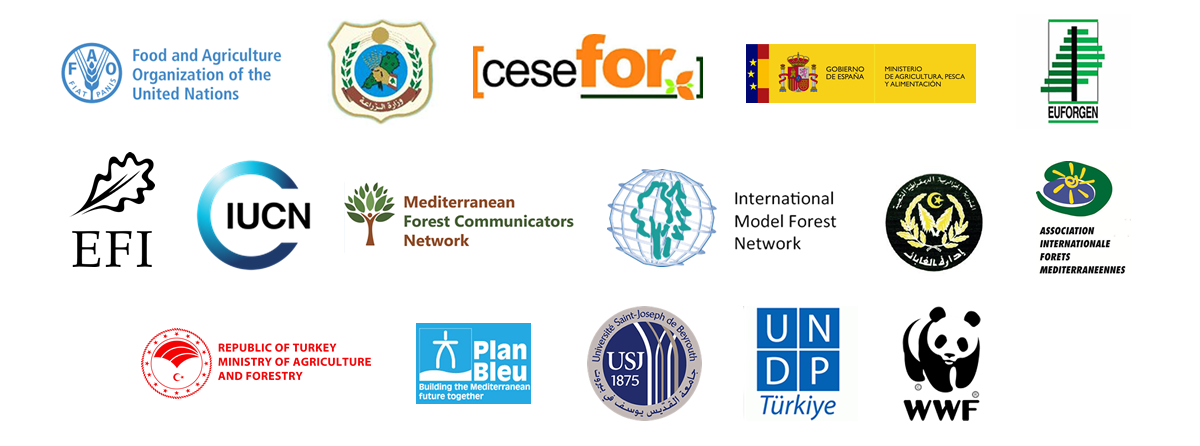
About 6th MFW
Silva Mediterranea
Forestry Policy and Resources Division (FOA)
Food and Agriculture Organization of the United Nations
